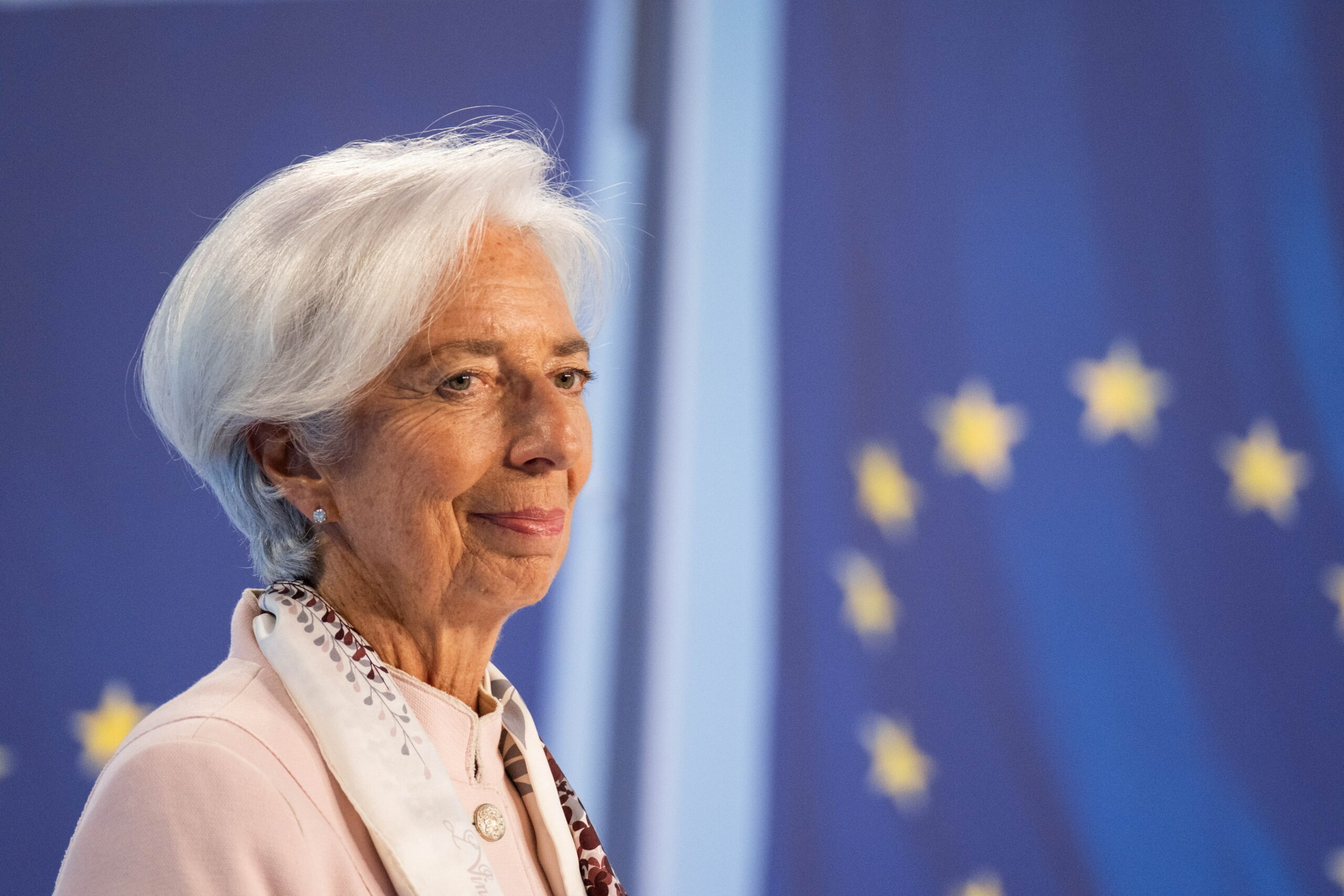Here are the banks that fear the digital euro the most

Digital euro: the state of the art of the ECB project, the positions of the banking world, the differences in Europe between credit institutions and the point of the Bank of Italy. The article by Michele Arnese and Emanuela Rossi
Debates and tensions in the banking world, not only in Italy, in view of the launch of the digital euro.
THE POINT ON THE DIGITAL EURO PROJECT
The march of the digital euro continues to become part of our everyday lives. The electronic equivalent of cash would be issued directly by the European Central Bank which in July 2021 started the investigation phase of the project – to be concluded in a month – to understand its design and distribution and to create some prototypes. Last June, however, the European Commission presented a legislative proposal establishing the legal framework for the digital euro alongside euro cash. Once approved by the Parliament and the EU Council, Frankfurt will decide if and when to issue this currency.
WHAT DO THE BANKS THINK
Within the euro area, however, credit institutions do not have a common position so much so that, as emerges from a Mediobanca report, the European Banking Federation has not even presented a common document for the consultation called by the EU Commission and which led to observations from 101 subjects including banks, national banking associations and payments companies. “From the feedback sent to the EU, it appears that Italian and Spanish banks, together with the payment companies of the two countries, support the digital euro project while trying to limit the damage to the financial sector – said Andrea Filtri, co-head of Mediobanca Securities, according to Il Sole 24 Ore – while the banks of Germany, France and the Netherlands still seem to question themselves on the reasons for having a digital euro and its implications".
As can be seen from the 101 documents sent to Brussels, the banks highlight above all the need for clarification on the compensation model in order to remunerate the investments they will have to make for the new service to be offered. Furthermore, a limit is asked to be placed on the availability of digital cash that each citizen will be able to use, which is lower than the 3,000 euros hypothesized by Frankfurt.
On the differences within the banking world, an expert in the sector explains to Startmag : “Italian and Spanish banks are those that fear the advent of the digital euro the least because in Italy and Spain there is less mobility of deposits and because there is it is still a remuneration, albeit low and very low for current accounts. Elsewhere in Europe, however, starting from Germany and France, there is already a higher mobility of deposits, i.e. depositors tend to change banks more often than Italians and Spaniards, and there is usually no remuneration on current accounts , not even low."
THE MEDIOBANCA REPORT ON THE DIGITAL EURO
According to a non-public report by Mediobanca entitled “Digital currency -d€ feedback: banks in catenaccio tactics”, “the banks – rather than doing catenaccio – should go on the counterattack or open up about what they have to lose and be proactive about what they have to lose they need to be more enthusiastic promoters of the project." In fact, we read further, "the success of the digital euro largely depends on the final appeal of the product and its distribution (in which banks are the key) and the ECB (the supervisor) is strongly determined to achieve success".
Some advice also comes from Piazzetta Cuccia: "It is imprudent to play at weakening the contents of the digital euro and to be reluctant promoters just as we do not believe that collaboration is better in the event of coercion." So, how to act? “A fair assessment of the global damage to the banks – we read in the report – is the key element missing to open a fair negotiation on the fact that the digital euro would make everyone happy and the project a success”.
BANKITALIA'S POINT OF VIEW
The governor of the Bank of Italy, Ignazio Visco , also spoke about the digital euro during the latest annual report. As economist Emilio Barucci explained in the Huffington Post , Visco "warned about the problem but to some extent downplayed it". In fact, "a simulation on bank balance sheets at the end of 2022 shows that the effects of the digital euro on the collection of the Italian banking system would be limited overall if demand were such as to lead to a reduction in retail deposits of less than 15% and its issuance took place in a context of ample liquidity and stable funding for banks. In this case, in fact, intermediaries could compensate for most of the decline in retail funding with a decrease in excess reserves deposited with the Eurosystem and an increase in guaranteed short-term funding".
Visco returned to the topic a few days ago, during his speech at "Traveling with the Bank of Italy" in Trieste, as reported by AdnKronos . “We are working deeply to evaluate the introduction of the digital euro within the Eurosystem. There is no doubt that it is the line we will follow in the coming years." Moreover, he added, "there is a tendency to reduce the use of banknotes, I thought it would be more accentuated in reality but the use of paper money is still significant, however everything that has to do with it is growing strongly to do with electronic payments and now with digital payments and therefore we have established a set of retail payments responsibilities that cover both physical and virtual ones”.
This is a machine translation from Italian language of a post published on Start Magazine at the URL https://www.startmag.it/economia/ecco-le-banche-che-temono-di-piu-euro-digitale/ on Sun, 24 Sep 2023 05:31:54 +0000.
